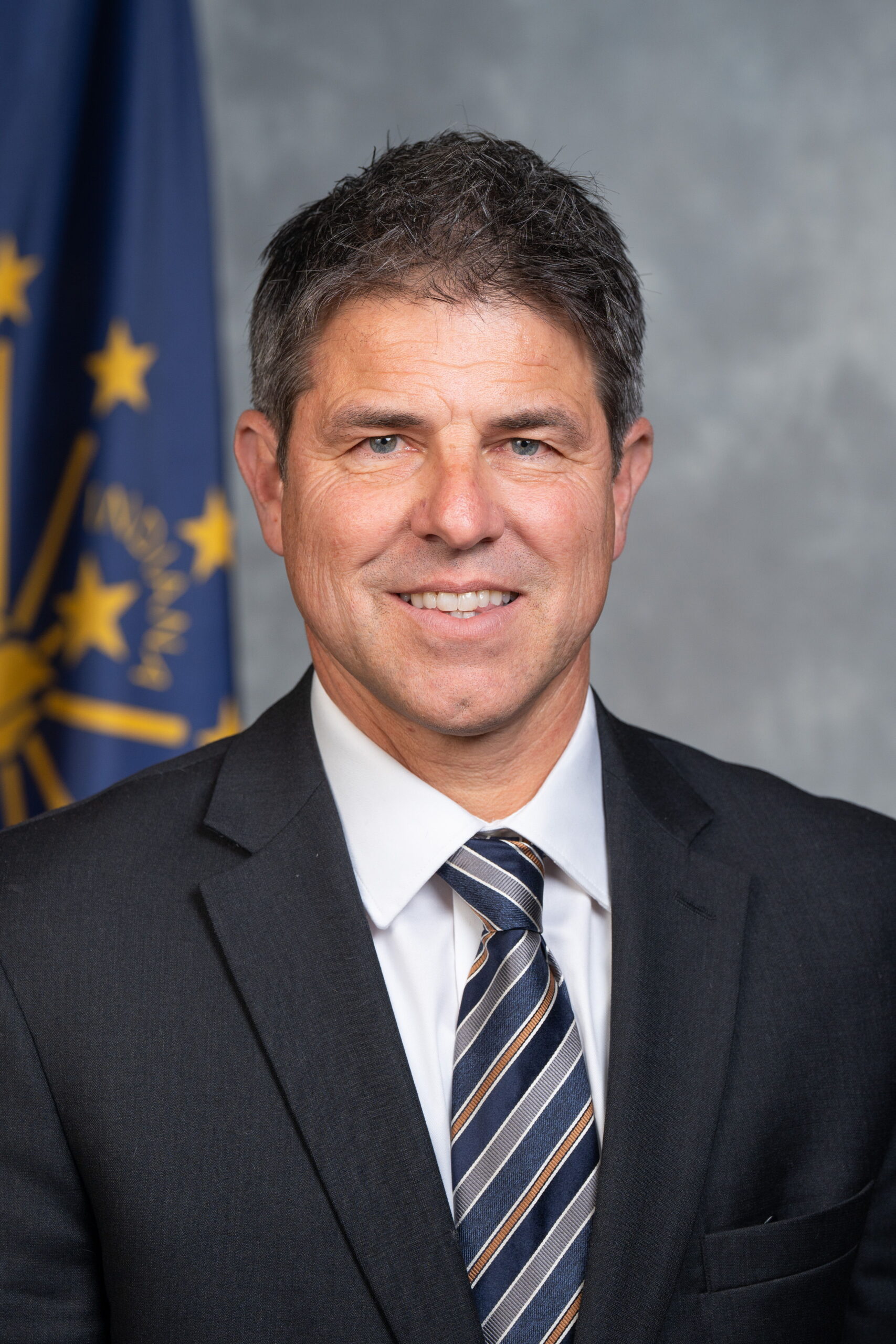Florida Senate Passes Rural Renaissance Legislation to Support Rural Communities

In a significant step toward strengthening Florida’s rural communities, the state Senate has passed Senate Bill 110, a comprehensive legislative package designed to modernize infrastructure, expand educational and healthcare opportunities, and stimulate economic growth in less populated areas of the state. Championed by Senator Corey Simon and a priority for Senate President Ben Albritton, the bill seeks to ensure that rural communities are not left behind as Florida continues its economic expansion.
President Albritton emphasized that the bill is about more than just development—it’s about creating opportunities that align with the needs and aspirations of those who call rural Florida home. “Our rural communities are full of opportunity, and that doesn’t just mean development. Our Rural Renaissance package provides opportunities for rural communities to grow as they see fit, based on decisions made by local families and businesses who call rural Florida home,” Albritton stated. He highlighted the importance of investing in infrastructure that supports existing businesses, particularly the state’s legacy farm and citrus operations, ensuring they can continue to thrive while keeping fresh food within reach of families across Florida. The legislation focuses on 31 of the state’s 67 counties, acknowledging that while urban areas have experienced significant growth, it is now time to prioritize rural Florida’s advancement.
Senator Simon, who represents 12 rural counties across Florida’s Panhandle and Big Bend region, reinforced the importance of ensuring small communities have the tools they need to flourish. “Modern Florida is the envy of the nation, and we won’t leave our rural communities behind. Our small communities are strong, proud, and resilient. When disaster strikes, as it has so often in recent years, they band together, neighbor helping neighbor,” Simon said. He pointed out that economic prosperity in rural areas is directly tied to access to job opportunities, education, and healthcare, and this legislation combines traditional infrastructure investments with innovative solutions to open new doors for commerce and public services. Recognizing that strong transportation networks and robust public services attract businesses and investment, the bill takes a holistic approach to supporting economic sustainability in these areas.
One of the key components of the bill is a modernization of fiscal policies for rural counties. It raises the threshold that defines fiscally constrained counties to reflect inflation and ensure communities experiencing growth do not lose access to essential funding. With an increase in state financial support from $10.4 million to a minimum of $50 million per year, the legislation ensures that counties will have dedicated resources to enhance public safety, infrastructure, and community development. At the same time, it establishes the Office of Rural Prosperity within the Department of Commerce to provide technical assistance, facilitate planning efforts, and help rural communities navigate the complex landscape of state and federal resources. By permanently placing staff in regional liaison centers, the office will be positioned to directly engage with local leaders and address their specific needs.
Further supporting economic stability, the bill introduces Renaissance Grants to aid counties that have experienced population declines over the last decade. Eight counties will receive $1 million annually to develop and implement strategies aimed at reversing these trends, with funding continuing until they experience three consecutive years of population growth. These grants reflect the Senate’s recognition that economic growth is tied not only to financial investment but also to population retention and sustainable community development.
Infrastructure improvements are a focal point of the legislation, with substantial investments directed toward roadways and public services. The newly created Florida Arterial Road Modernization (FARM) Program will dedicate $50 million annually to enhance farm-to-market roadways, ensuring that agricultural goods can move efficiently across the state. The Small County Road Assistance Program will see its funding more than double, offering smaller counties the ability to resurface and reconstruct critical roads. Additionally, the Rural Infrastructure Fund will receive a significant boost, with its annual budget increasing from $5 million to $10 million, supplemented by a one-time $40 million infusion to accelerate vital projects.
Education is also a cornerstone of the bill, with increased funding for regional education consortia, which help small school districts manage costs while improving student outcomes. By raising per-district funding from $50,000 to $150,000, the legislation ensures that these consortia can continue to offer critical support. Additional grant programs will supplement needs such as school safety, transportation, and career development. Recognizing the importance of attracting qualified educators to rural areas, the legislation establishes the Rural Incentive for Professional Educators (RIPE) program, which offers up to $15,000 in student loan repayment assistance for teachers and administrators who work in fiscally constrained counties.
In the realm of healthcare, SB 110 takes decisive steps to improve access to medical services in rural areas. It includes provisions to incentivize doctors, physician assistants, and nurse practitioners to establish practices in these communities by providing financial assistance for office space, equipment, and technology. A new grant program will offer startup funding to healthcare providers willing to serve rural populations, ensuring that more residents have access to primary and preventive care. The bill also expands the existing FRAME program to include emergency medicine physicians working in rural hospitals, further bolstering healthcare resources in underserved regions.
To enhance emergency response capabilities, the legislation creates the Stroke, Cardiac, and Obstetric Response and Education (SCORE) Grant Program, which will fund advanced training for paramedics and emergency medical technicians in rural areas. Additionally, recognizing the financial strain on rural hospitals, the bill provides $25 million for grants to support mobile healthcare units and telemedicine kiosks, allowing more patients to receive urgent care and specialized services without the need for extensive travel. Medicaid reimbursement rates for rural hospitals will also be increased to align more closely with Medicare standards, helping to prevent additional hospital closures and ensuring sustainable access to care.
Another critical focus of the bill is housing affordability, with increased funding allocated to preserve rental units in rural areas. Many USDA-financed properties are nearing the end of their affordability restrictions, and this legislation appropriates funding to rehabilitate and maintain these units as affordable housing options. Additionally, the State Housing Initiatives Partnership (SHIP) program will see a significant funding increase, with the minimum county allocation rising from $350,000 to $1 million to help jump-start housing development in rural communities.
As part of the state’s broader commitment to economic development, the legislation also expands support for small businesses by increasing funding for the Small Business Development Center’s circuit rider program, which provides technical assistance and financial guidance to entrepreneurs in rural areas. The bill ensures that as these businesses grow, they have access to the necessary capital, training, and mentorship to succeed.
In total, SB 110 represents a $200.8 million investment in Florida’s rural communities, delivering targeted funding to economic development, public services, education, and infrastructure. The bill reflects a historic commitment to revitalizing these communities while preserving their unique character and traditions. As Senator Simon noted, Florida’s small towns and rural areas are built on strength, resilience, and a deep sense of community. By enacting policies that foster growth while maintaining the values that define these regions, the Senate is ensuring that rural Florida remains an integral part of the state’s ongoing success.
RECENT










BE THE FIRST TO KNOW
More Content By
Think American News Staff











